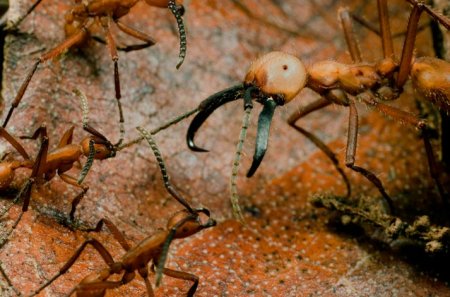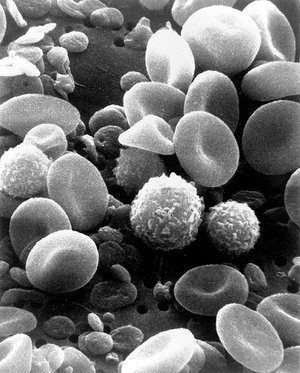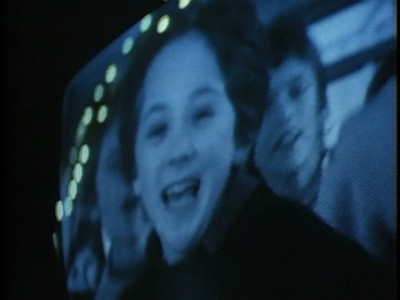The two world wars, the genocidal wars in Rwanda and Darfur, the US Iraq war, and the even bloodier Iran Iraq war that preceded it, all these produce a horrifying image of the modern era. Yet many academics like Steven Pinker tell us that humanity are actually living in the most peaceful period in the history. Images of destructive modern warfare notwithstanding, violence has been in decline over long stretches of history. Our ancestors were in fact far more violent than we are today.
We tend to romanticize the past, fantasize that early societies as simple, just and peaceful. Yet just the opposite is true. Tribal life may sound idyllic. But avenging for aggression is often the code of justice, as such cycle of violence ensures. In more organized society, people get executed for deeds that's considered minor infraction today. Life is cheap in the old days.
This lead me to rethink peace on a personal level. The conventional thinking is that children are born friendly and peaceful, only to have learned violence from the vicious society they grow up in. Peacefulness is assumed to be the natural state of a person.
I think people have it backward, just like they have in the case of global violence. A person's true natural state is not quite peaceful but often cruel and brutal. It will be a revelation to get over the romanticized image to actually observed the confrontation among peasants or less educated people and what they do to resolve conflicts. It is actually culture and education that do the most to promotes the cooperation and resolve conflicts without resort to violence. Peaceful character to me is more acquired than innate.
I consider myself a somewhat of a pacifist. Yet I don't really held peace as a core value when I was a children. While I was not a bully, I was captivated by war stories, spent hours in shoot 'em up games, cheers when a hero slain or bloodied the villain in movies. But somewhere along the line I have made a moral decision - violence is wrong in most cases. I begin to look at the same war stories with a new perspective of those who suffered. And I feel repulsed when I saw overtly violence in media.
I was rereading the classical Chinese novel Water Margin (水滸傳), a story of medieval bandits rising up against the corrupted government officials. I was absolutely appalled by the horrific violence committed by the supposed heroes. In Chapter 31, the hero Wu Song returns to officer Zhang's home to avenge for his plot against him. First Wu Song killed the servant he encountered. Then He found and killed Zhang and his collaborators. He ran into the madam and killed her too. Then he slaughtered the maids, slaughtered more women, and even slaughtered the children. The only thing that slowed him was that his sword blade was dulled from too much killing. Merciless scenes like this can be found throughout the novel. Remarkably the same novel seems just and entertaining when I grow up. It only starts to appall me when I reread it in my 20s.
To have a better idea about the human's natural state with regard to peace has a implication for me as a parent (and for non-parents who care to nurture the future generations). Like many parents of this generation, we are not incline to use weaponry as toys and tend to restrict viewing of violent pictures. Yet some of my restrictions just seem futile. While I tried hard not to let my son has any toy gun, sometimes he will just play with a stick or some angled object as an imaginary gun. There is something in a boy's mind that prompt him to project his power over others. Eventually I become more relax on restrictions. Censoring alone does not preserve peacefulness. People are not innately friendly and peaceful as one suppose. Empathy, cooperation and reciprocity are really acquired skill from observing and practicing in the society when they grow up. My son will have a lot to learn in the years to come.
2010.11.27 [philosophy] -
comments




